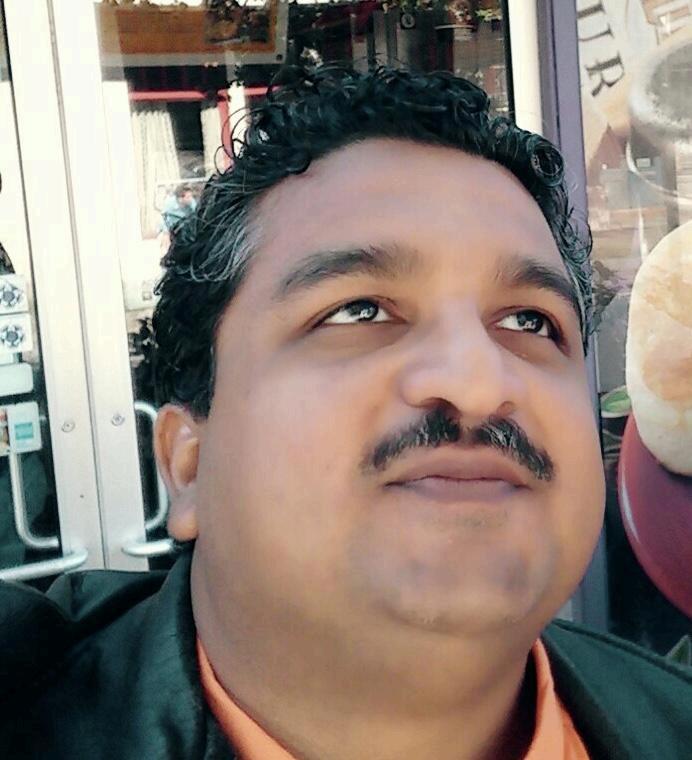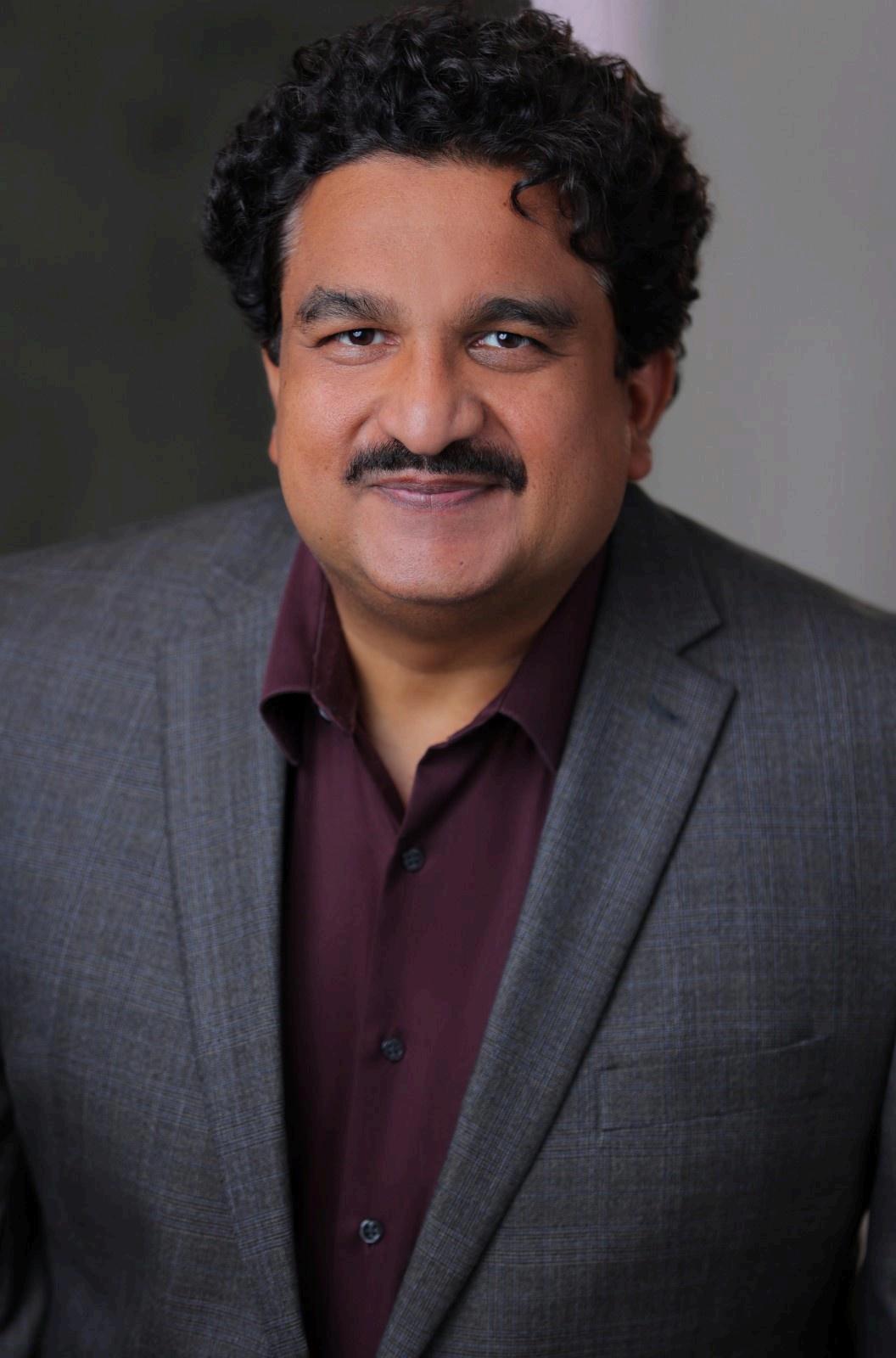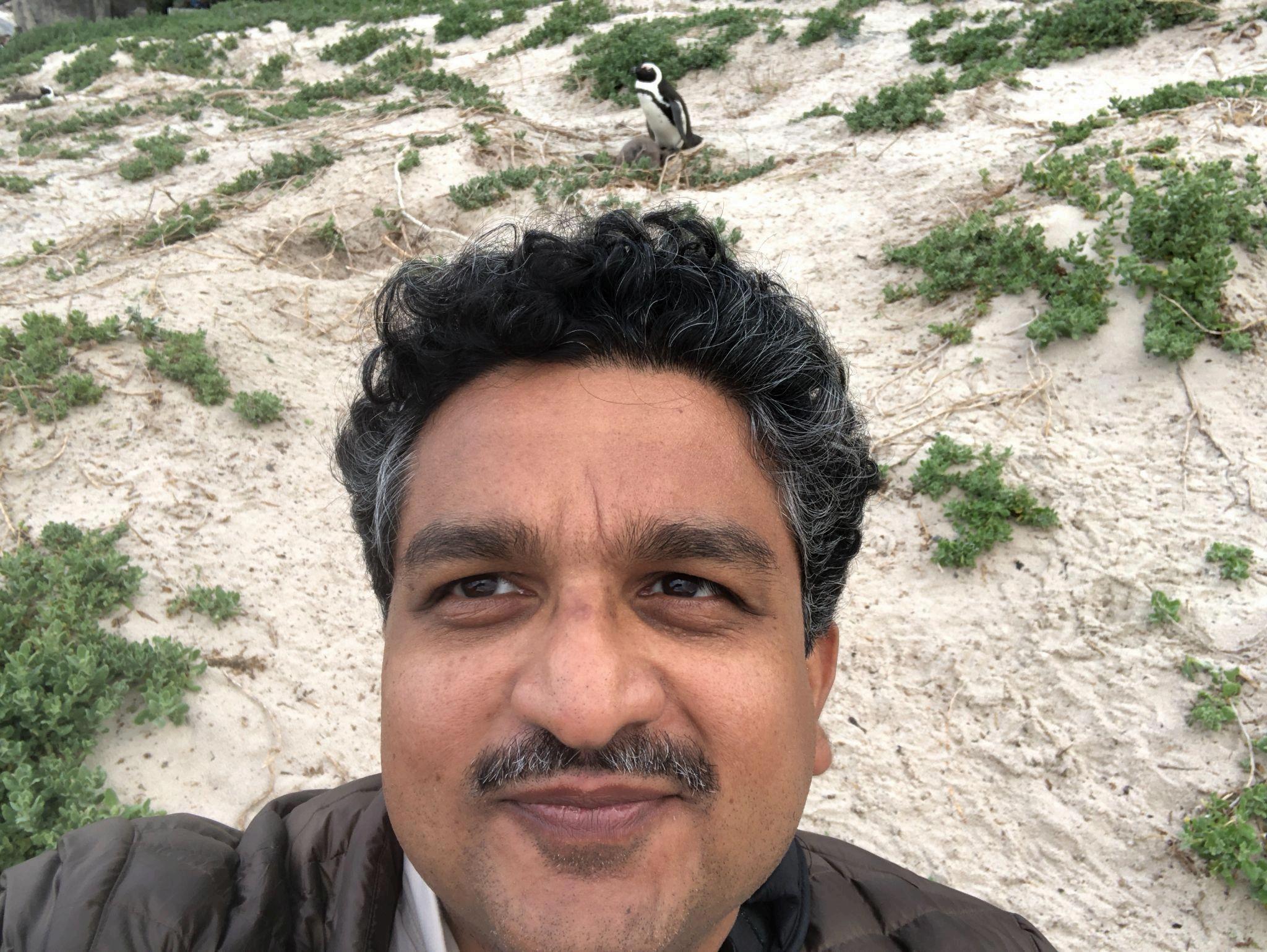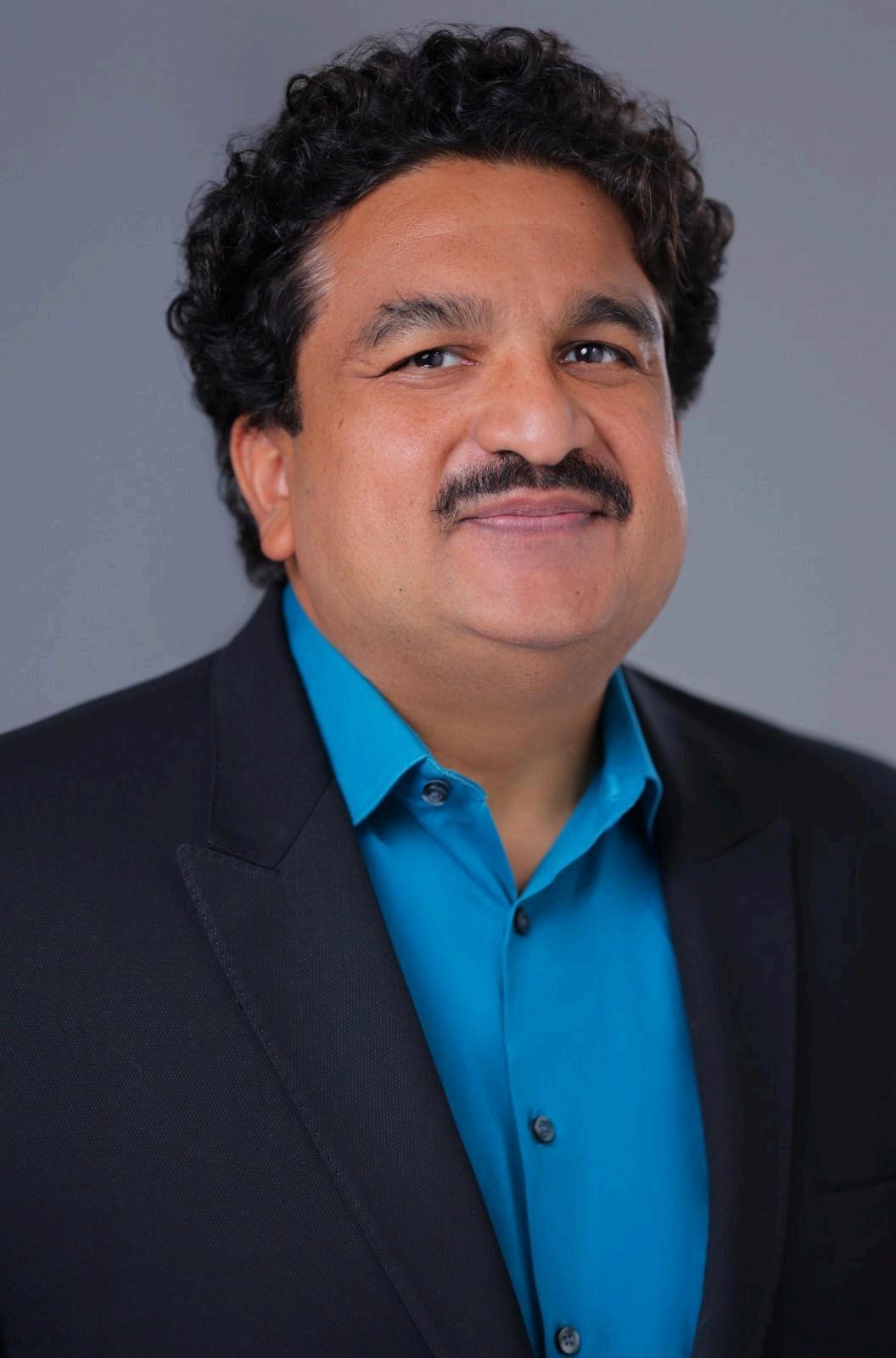Hobbies That Enrich a Health Scientist’s
Life: Balancing Research with Renewal

Isam Vaid believes that behind every great scientific discovery stands a mind fueled not only by intellect but by curiosity, creativity, and balance. For health scientists whose work demands precision, dedication, and constant learning, hobbies play a vital role in maintaining mental clarity and emotional well-being. The pursuit of science is rigorous, often requiring long hours of study, analysis, and experimentation Yet, life outside the lab offers the chance to recharge, reflect, and draw inspiration from unexpected places Hobbies that enrich a health scientist’s life are not distractions; they are sources of perspective, creativity, and resilience that make the scientific journey sustainable and fulfilling
One of the most rewarding hobbies for a health scientist is writing. Beyond academic papers and research reports, creative or reflective writing allows scientists to express themselves freely Whether journaling about daily observations, crafting essays, or exploring fiction, writing fosters more profound thought and emotional expression. It strengthens communication skills, an essential trait in translating complex research into meaningful impact Moreover, it offers a therapeutic outlet, a space where ideas can flow without constraint. Many breakthroughs in science have arisen from the ability to see beyond data to think metaphorically and imaginatively, and writing nurtures precisely that mindset

Another enriching pursuit is gardening, a surprisingly natural complement to scientific inquiry. The process of nurturing life from seed to bloom mirrors the patience and care required in research Gardening provides tangible rewards, including a sense of calm, a connection to nature, and a reminder of the living systems that health scientists often study abstractly. The rhythm of tending soil and watching growth unfold brings mindfulness and relaxation It reconnects the scientist with the cycle of life, offering a grounding counterbalance to the precision and structure of laboratory work. In this living experiment, nature becomes both teacher and healer
Physical activity, too, holds special significance Whether it’s hiking, swimming, cycling, or practicing yoga, movement restores both energy and focus. For health scientists, who understand the mechanics of the body and the importance of wellness, exercise is both a personal investment and a form of alignment with their field’s principles. Participating in physical hobbies can reduce stress, improve concentration, and enhance problem-solving abilities. Many scientists report that their best ideas come not at their desks but during walks or workouts, when the mind is free to wander and connect seemingly unrelated concepts. In motion, inspiration often strikes

Artistic expression also enriches a scientist’s perspective Painting, photography, or playing a musical instrument awakens the creative hemisphere of the brain, balancing analytical thinking with imagination Visual and auditory arts help develop pattern recognition and appreciation for beauty skills, surprisingly relevant to scientific discovery. Observing color, light, rhythm, and form can enhance observational skills essential in research More importantly, art provides joy and freedom, reminding scientists that discovery is not just a process but an experience The act of creation, in any form, reaffirms the sense of wonder that drives all scientific exploration.
Engaging in community-based hobbies, such as volunteering or teaching, adds another dimension of fulfillment. Health scientists dedicated to improving lives through research often
find purpose in directly serving others Teaching science workshops, mentoring students, or volunteering at health clinics transforms knowledge into immediate impact. These activities strengthen empathy and communication, qualities essential for bridging the gap between scientific discovery and public understanding. Such interactions not only enrich the scientist’s personal growth but also inspire the next generation of thinkers and healers, extending the influence of their passion beyond the laboratory

Hobbies remind health scientists of the importance of balance, a principle as vital in life as in research Time spent painting, writing, hiking, or gardening is not time away from science but time invested in clarity, creativity, and renewal. These pursuits nurture the same curiosity that drives scientific inquiry, ensuring that discovery remains a joyful experience rather than an exhausting one They allow the scientist to return to the lab with fresh eyes and renewed energy, ready to see connections and possibilities that might have been missed before. A well-rounded life, rich in both study and passion, reflects the essence of good science: observation, balance, and wonder. In embracing diverse hobbies, health scientists not only enrich their own lives but also deepen the insight, empathy, and imagination that make their work truly transformative
